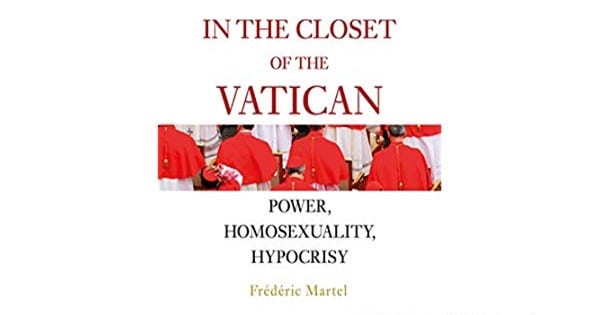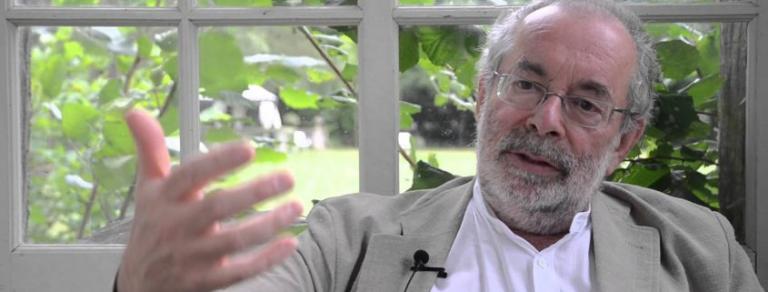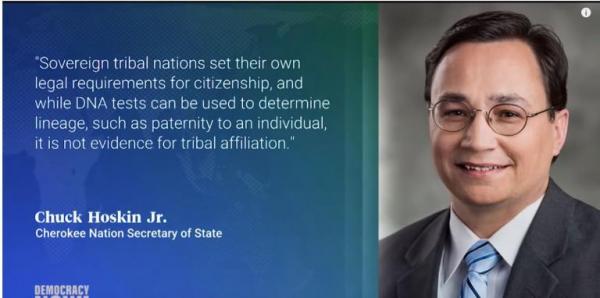President Trump is in a love-hate relationship with the press. He is a publicity hound who actively seeks fawning media attention and revels in flattery. But when coverage fails to portray him in the proper light – as a great leader, a shrewd deal-maker and a champion of the forgotten worker – he calls it “fake”. And, indeed, from his perspective it is fake because it does not align with what he knows to be true (or at least wants us to believe is true) about himself. Real news is the news that flatters but does not question this version of reality.
Image Is Everything
During his recent trip to London, Trump launched a media storm when he labeled a report that appeared in a British tabloid, the Sun, as fake news. The Sun then released the audio recording of President Trump which confirmed the accuracy of their reporting. It also seems that the statements the Sun attributed to Mr. Trump were not news at all. He criticized Prime Minister Theresa May’s conduct of Brexit and used inflammatory language about immigration, as he has done many times. So why did he feel the need to deny them? Because he was not denying the facts of the article, but the criticism of him which was implicit in the headline: “FAKE SCHMOOZE”.
President Trump projects an image of himself as a man of integrity and so any suggestion that he is a fake or a schmoozer who says things that might not be completely true just to butter up someone else, must be completely fake. He explained that he had said some very nice things about Theresa May which he thought were not included in the article, though they were. In response to a clarification from the Sun’s political editor, Mr. Trump said “Oh good, OK. If you reported them, that’s OK. I said very good things. Thank you very much for saying that. I didn’t think they put them in. They didn’t put them in the headline. I wish they had put it in the headline. It’s one of those things.”
By his own admission, Mr. Trump did not read the article but was reacting only to the impression created by the headline. Trying my best to practice what I preach, I searched the Sun’s website for the original article but could not find it. What I did find was reporting on the controversy that followed. This is an unfortunate confirmation of Mr. Trump’s presumption that some press outlets, not to mention social media platforms, do not deal with facts but instead trade in controversy, scandal and outrage. Of course, Mr. Trump himself deliberately sows controversy, scandal and outrage, revealing that the love-hate relationship is steeped in rivalry. President Trump’s umbrage at disagreeable press coverage may indeed be resentment that he is being beaten at his own game. The game is, of course, to control what we think about him. When image is everything, reality is the neglected casualty.
Seeking Reality
It is easy to criticize Mr. Trump for not reading the entire article and for being more devoted to what we think about him than what we know about the issues. But how many of us have liked and shared articles we have not read because the headline fits our presumptions? Mr. Trump made a snap judgment with no information except his instinct for how the headline might affect his public image. Didn’t the Sun make the same calculation? Isn’t the reason behind the provocative headline to generate clicks and shares based on the headline alone? I confess that the headline for this article is an attempt at quickly capturing your attention, though I do hope you read the entire article before you decide whether it’s something you want to share.
My sense is that when Mr. Trump tosses out the accusation of “fake news” he is doing two things. First, he is telling us something about the image he is feverishly cultivating and defending. Second, when the accusation is aimed at newspapers and networks who have made serious commitments and hefty financial investments in investigative journalism, he is sacrificing facts to image. In those cases, you and I should read the entire article before we dismiss the reporting as inaccurate or irrelevant.
The Third Party
Does any of this apply to our personal lives? I think it does because the need for affirmation is a natural and essential one for all of us. President Trump has used the media as he would a personal agent or public relations firm to convince us of how wonderful he is. It’s tempting to psychoanalyze him and conclude that his own sense of self is so weak that he needs to be constantly affirmed and withers under criticism. But it may simply be that he is a politician who wants to get re-elected and he can’t do so without public support. Or perhaps it is a combination of both, but Mr. Trump is peeved that he cannot escape his dependence on the media, a nettlesome third party always standing between him and the electorate.
All of us rely on third parties without realizing it. Most of us do not have to deal with the media and we certainly do not hire publicity agents to polish our popular image. But isn’t that the role played for us by our friends and family? They broadcast the headlines we like to hear about ourselves: “Nicely done!” or “Where would I be without you?” or “That’s why I love you”. Friendly coverage is how we learn and continue to believe that we are fairly amazing human beings. But when we are called out by family and friends, when the headlines turn a little negative with comments like, “What were you thinking?” or “That really hurts” our reactions are not always stellar. We can feel betrayed and misunderstood.
Nothing hurts more than when the source of our sense of ourselves as good, right and lovable start broadcasting a different message. Just as we absorbed their good opinion of us, so we absorb their disappointment. That’s when our confidence can shift to shame and self-doubt. Rather than accept criticism, we might protect our egos by accusing well-meaning others of being liars, false friends or traitors, accusations which sound uncomfortably similar to “fake news”. Rather than admit we were wrong, we cling to an unrealistic view of our own perfection. Sometimes bad headlines can be just what we need to hear. A bit of fake news can be good for the soul. And they wouldn’t hurt a certain politician all that much either.
Image: Copyright: sdecoret / 123RF Stock Photo
Stay in the loop! Like Teaching Nonviolent Atonement on Facebook!












